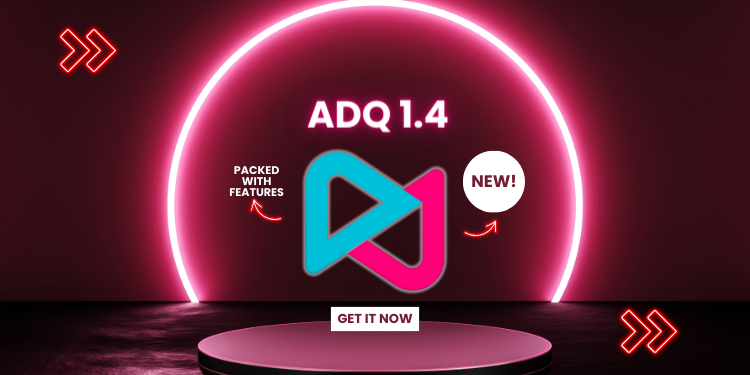As we all know the amount of data in all areas of life is growing rapidly. At the same time, complaints from business teams about the poor quality of data are on the rise. This escalation in negativity is no good for anybody!

So where should business and data leaders start to confront this problem?
Many firms start off by putting in place Data Governance strategies. The objective is clear: if I have a set of policies and standards, then people will find it easier to conform and drive up the quality. However, in practice this is unlikely to overcome a problem right now; with no stock answer to “how long will this Data Governance programme take?” it makes sense to attack it in a different way at the same time. Below, we’ve curated a “top 3” list to help you get started.
What are the steps to creating a data quality driven culture?
- Pick a quick win that means a lot to your business
- Get your business teams on-board
- Focus on measuring quality in a demonstrable way

Firstly, then: picking a quick win. What’s the biggest impact to your business operation right now? As leaders, you’ll doubtless have a big list, but there’s going to be one that sticks out. Maybe it’s a piece of data that’s tripping everyone up when it comes to risk reporting. After all, nobody wants to have to complete risk returns unnecessarily! Perhaps it’s a problem with how customer addresses are formatted across different systems? Whatever the quick win is, get the business teams around the table and agree a rapid timeframe for delivering a step change in how that data is perceived.

That brings us to our next point: getting business teams on-board. In the old days, keeping business users away from data management might have made sense from the point of view of reducing errors in how data was recorded or standardised. But in today’s world, if business teams only know how to complain about data rather than play an active part in managing it, the problem is only going to get worse! If you can get a few internal teams to commit to resolving the thorniest of problems that also happens to be the lowest of all the hanging fruit, then your chances of further success are made all the greater. But they’ll need tooling that doesn’t require them to retrain as programmers, so be mindful of that when it comes to how you’re actually going to manage it.

Lastly, someone is going to have to sign off on your project spend and agree with you that this was a worthwhile use of everyone’s time. Sure, there are standard data quality metrics that all data people know to measure, but what are the business measures that will help prove that this collaboration project has been worth it? Remember, while the business teams have been used to complaining about bad data, they’ve rarely had a chance to be a part of the solution. Maybe it’s a measure of speed to fix data quality problems, together with a proportion of those now being fixed by business teams? If you can show that the programme has shifted the responsibility and the capability to business teams, you’ll be able to demonstrate how the culture of the organisation is becoming more data mature.
What about you? How have you managed to get your culture data-savvy? Or maybe you’re really struggling to get people involved? Send me a message on LinkedIn and we’ll keep the conversation going!
Where can Datactics help you on your data management journey? We know your time is precious so if you’d like to find out how we can help deliver self-service data quality to your business, simply book 15 minutes of Brendan’s time by choosing a slot here.
To learn more about how how Data Quality fits into modern Data Ops strategies, catch our webinar as part of 2020’s Data Management Insight event (or read a blog post version here).
